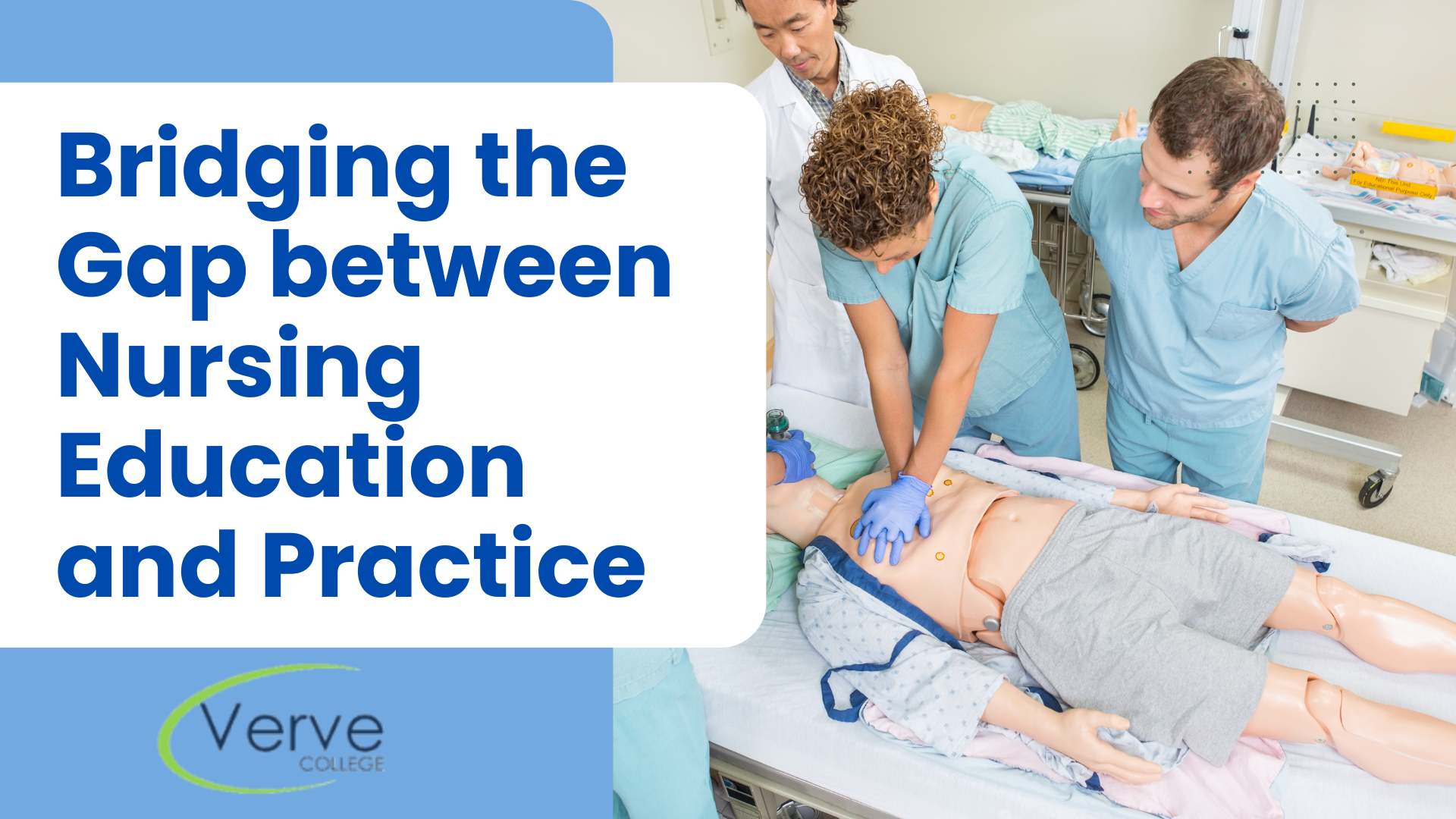- Oak Brook:(630) 705-9999
- Chicago:(312) 920-8822
- Email:inquiry@vervecollege.edu
- Make a Payment
- Home
- Programs
- Admission
- Resources
- ATI Entrance Exam Resources
- New E-Digital Library
- Refer a Friend
- School Newsletter
- Events
- Employers
- Job-Network
- Alpha Beta Kappa Candidates
- Verve College Library
- Graduation and Pinning Ceremony Photo Galleries
- Textbook Information
- Career Services
- Tutoring
- School Catalog
- FAQ
- Constitution Day Program
- Alumni
- Verve College Plans
- Financial Aid
- HEERF Reporting
- Satisfactory Academic Progress
- Apply For Financial Aid
- Net Price Calculator
- Return of Title IV Funds (R2T4)
- Financial Aid Office Code of Conduct
- Contact
- FAQs
- Verification Policy
- Vaccination Policy
- Student Right-to-Know Act
- Misrepresentation
- Information Security Program
- Academic Award Year
- Availability of Employee
- Cost of Attendance
- Health & Safety Exemption Requirement
- Students Rights and Responsibilities
- Leave of Absence
- Pell Formula
- Military Students
- Grants/ Scholarship Policy
- Contact Us
- Login
- Testimonials
- Blog
Is a Nursing Career Right For You?
Take The Free Quiz
Why is Nursing Research Necessary?
Why is Nursing Research Necessary?
Nursing professionals provide daily direct care to patients in health care settings, so they are familiar with which methods work and which ones need to be adjusted. A caring and competent practitioner will always question the standard procedure to determine how it can be improved. Nursing research is centered on nursing concerns. A hybrid practical nursing program ensures students understand the importance of research in nursing.
What is Nursing Research?
The American Association of Colleges of Nursing (AACON) claims that extensive research in nursing produces a body of knowledge that can improve nursing practice. These findings may also be used to help develop health policies and improve global healthcare. Practical nurses and health care professionals in a variety of healthcare facilities are dedicated to the health of all patients. Their research often has a lasting impact on the nursing profession.
According to the National Institute of Nursing Research, research in nursing reveals knowledge that builds the foundation of clinical practices and reinforces the following:
- Preventing disease and disability.
- Symptoms of illness can be managed.
- Improve end-of-life healthcare.
Research is used by nurses to achieve a wide variety of positive outcomes, both for themselves and others in the healthcare team. Nurses use evidence-based practice to provide care for patients whose needs are becoming more complex as a variety of healthcare settings keep on changing. They combine their research in nursing and professional experience with the preferences of their patients. Researchers can conduct their own studies, incorporate research into their daily practice, and use existing research to teach others.
Scientific Inquiry
The American Association of Colleges of Nursing has three categories of research. The three categories are clinical research, research on nursing education, and research on health systems and outcomes. Nurses and their health care team can conduct clinical research in any clinical setting in the medical field. It focuses on the care of individuals and the examination of vital signs throughout their nursing career. Nursing education research examines the way students learn about basic nursing care. If you wish to learn more about basic nursing skills and direct patient care, you should look for private LPN schools near me offering educational programs, to make a career in nursing.
Healthcare provider systems and outcomes research examines the quality, cost, and quantity of healthcare services. It also focuses on how to improve care delivery. These three areas encompass the entire scope of research in nursing careers.
Read More:- The Benefits of Diverse Clinical Rotations in Nursing Training
Information Literacy and Nursing
Information literacy is not the equivalent of literacy. Information literacy is a skill that can be used to make decisions or work with others in solving problems.
Information literacy will be a requirement for future technology in nursing care. Information literacy is not only crucial for its own sake. It also benefits learners by enabling them to search for and evaluate information in multiple sources, summarize findings, create coherent arguments, or develop solutions using evidence found online, through library databases, or other resources.
Types of Research
Research that is used to develop evidence-based practices and practice guidelines has been carried out and analyzed in the nursing field by experts. Nurses in health care are involved in both clinical research and collaborative interdisciplinary study with other healthcare professionals.
- Quantitative Research: Data are interpreted using percentages and variables.
- Qualitative Research: Results are based on perceptions and experiences.
- Role of Research in Nursing for Hybrid Practical Nursing Programs
Students who enroll in a hybrid practical nursing program can take research courses that will improve their skills. Students can take theory courses in research to learn about research design and analysis. The nursing curriculum will help them understand how to analyze, apply, and use current knowledge in the nursing process. These nursing courses in hybrid programs include evidence-based practices and provide an overview of the current issues in knowledge.
The healthcare setting for long-term care facilities is complex, and the needs of patient care are becoming more diverse. To develop solutions with critical thinking skills to the health problems of diverse populations, providers on clinical rotations need to have various options and perspectives.
To accomplish career goals as an LPN, you should look for a practical nursing program near me as hybrid practical nurse programs can help students become nursing professionals who possess nursing skills with hands-on training and are able to understand the importance of nursing research and how they can incorporate it into their clinical site practice.
 Sign up
Sign up Login
Login




